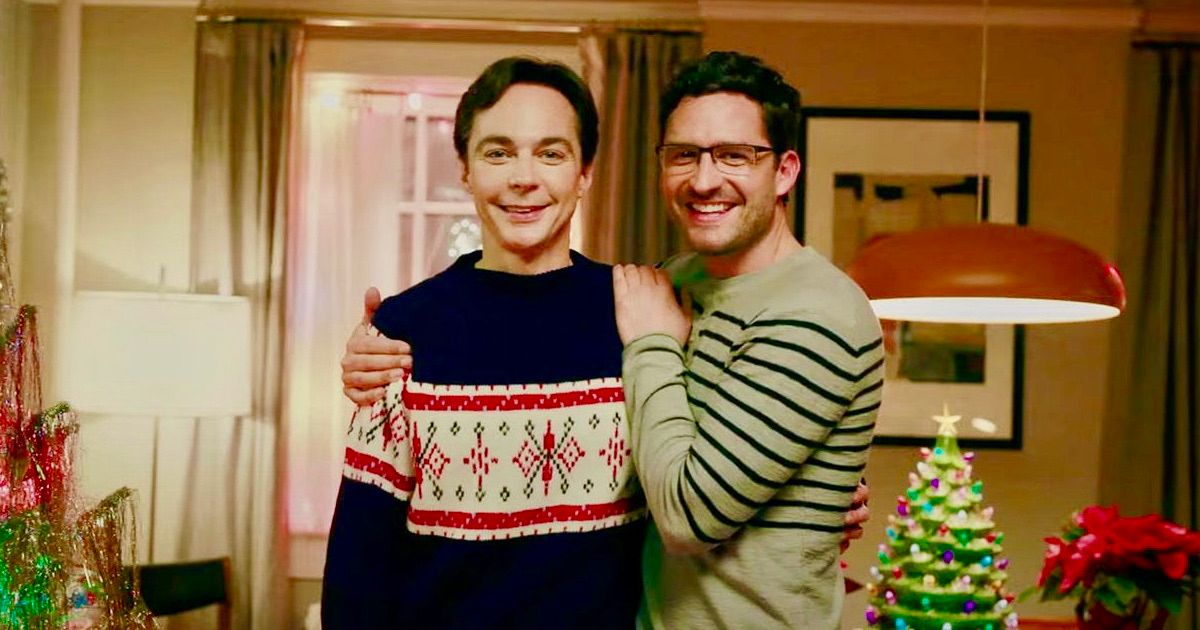Whereas high fantasy and action-packed superhero franchises dominate the silver screen today, the '90s and 2000s were largely the golden age for romantic comedies. Dubbed “chick flicks” at the time, society’s perception and expectations of them has transformed as modern-day feminist perspectives gain stronger voices. The once reliable formula to box office success of boy meets girl doesn’t seem to hold the same success it once did, but why?
When Rom-Coms Were at Their Peak
Some say that rom-coms, as we know them, are dead. No longer do we see Julia Roberts racing away on a horse in her wedding gown, or experiencing drastic life changes as a wealthy would-be john sweeps her off the streets and brings her into his luxurious fold. There’s no more of Heath Ledger serenading Julia Stiles from the bleachers, Drew Barrymore fighting memory loss as she falls for Adam Sandler, or Jennifer Lopez unsuspectingly finding love with a man from a starkly different background than hers (a description applicable to many of her movies, all of which are rom-com classics).
Yes, there were many Hollywood stars whose names were nearly synonymous with the genre, consistently taking up projects of this nature that consistently performed well for their target audience. If these films performed so well, why did they fall into decline? A simple skimming of headlines from a Google search of the keywords “rom-com” and “decline” will give you a good idea as to why. Headlines proudly proclaim the demise of the rom-com, and for the most part, the reports are happy to tell of it. The genre has suffered much name-calling– vapid, unrealistic, toxic, decidedly anti-feminist. When analyzing demographics of which consumers were (or still are) spending their money and time watching romantic comedies, however, one can see it is mostly women. It begs the question, were these movies ever vapid, or did they become labeled as such because women happened to like them?
Sure, there were plenty of inconsistencies between the world of romantic comedy protagonists and the realities of romance. One could blame this genre for setting unrealistic expectations about love, a responsibility largely shared with Disney princess movies. The assertion can be made, yes, but it assumes that its primarily female audience is just that naive. If rom-coms make people expect grand and expensive gestures from their lovers, then sci-fi films must make their audiences expect to blast off into space to fight Darth Vader— except they don’t. The expectation for romantic partners to go to great lengths to woo their lovers is not a concept that was born of the romantic comedy film genre.
As for the allegedly vapid nature of the films, such criticism of any film is entirely objective and fair. It becomes a bit of a pattern, though when one compiles a list of media trends and consumer behaviors that are popularly regarded as vapid. The rom-com, boy bands, pop music, makeup, elaborate Starbucks concoctions, celebrity gossip, etc., are all things largely consumed by women and feminine presenting individuals, and are likewise deemed lesser.
Of course, any genre is and should be subject to some degree of fair criticism. One could argue that films supposedly based in realistic settings with relatable characters should mirror reality as closely as possible. Modern day romantic films tend to heed this critique more so than their predecessors, with characters living out accurate portrayals of dating in the digital age. Furthermore, the characters in older rom-coms did tend to lack a healthy amount of dimension. Many of the female characters especially lacked significant goals other than finding love. This is of course not universally true, with movies such as The Proposal, Just Like Heaven, and When Harry Met Sally having female protagonists that were either fairly well-rounded or entirely apathetic to romance.
Female characters were not the only ones subject to criticism. Hugh Grant defended his roles in romantic comedies, rebutting criticism that his characters were all just repeatedly rehashing his real-life personality.
The Rise of Streaming Platforms and the Demise of the Mid-Budget Film
Criticism is not the only factor that contributed to the decline of the rom-com. Simple logistics regarding money and the changing nature of the film industry were at play as well. Namely, the rise of streaming platforms such as Netflix held a massive impact over the changing landscape of cinema. Rom-coms typically fall into the category of mid-budget cinema. These days, movie theaters tend to draw in audiences for epic releases such as superhero blockbusters, sci-fi, fantasy, and other such productions of epic scale. The revenue tends to be a rather handsome figure, but the cost of creating such a film is proportionally large as well. Simple films that rely more on character development and less on dazzling effects are fewer and far between, with the majority premiering directly to streaming platforms like Netflix.
This limits the potential for revenue, but there’s a reason that major studios aren’t interested in investing in these projects. They just don’t make as much money as the larger-than-life productions do. The stories associated with the mid-budget films still exist, but now in the form of television shows. Producers have figured out that the realistic, grounded storytelling still works if it is stretched out into multiple seasons and thus producing revenue over time. Pouring money into such a film just to make comparatively meager box office numbers in a one-and-done release, does not work.
Upcoming Projects and the Future of the Genre
Rom-com fans, do not lose heart. The beauty of pop culture trends is that they come and go, and vice versa, and so too can one expect the revival of the now lost art of romantic comedies. They look a bit different now than they used to, yes, hence the so-called “demise” of the rom-com as we once knew it. New projects continually pop up on the most popular streaming platforms, and it would seem that writers and producers are learning what the modern audience wants. Set It up and To all the Boys I’ve Loved Before were generally well-received films, with the latter enjoying three installments.
Modern rom-coms are learning through trial and error how to walk the line between healthy realism and the right amount of whimsy that captures the hopeless romantic. One rising trend in the romantic comedy genre– the sub-genre of holiday rom-coms— serves as an enduring bastion of the unadulterated simplistic formula of a cheesy meet-cute-turned-lifelong romance. Perhaps these movies have survived the test of time because they are tied into the holiday season, a time to freely enjoy comforts or perhaps guilty pleasures. This December, fans of these classics can rest assured that the top streaming platforms are stocked full of fresh releases of this nature, such as Falling for Christmas starring Lindsay Lohan, and Spoiler Alert starring Jim Parsons.

.jpg)

